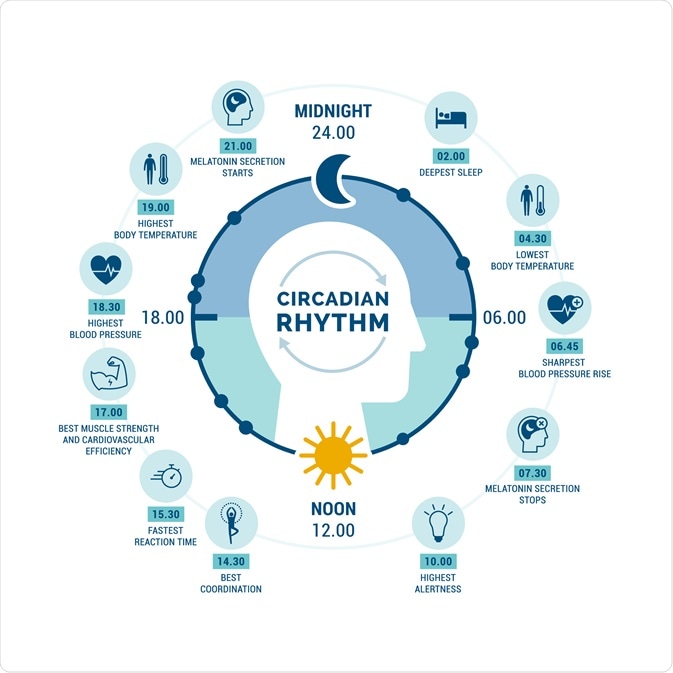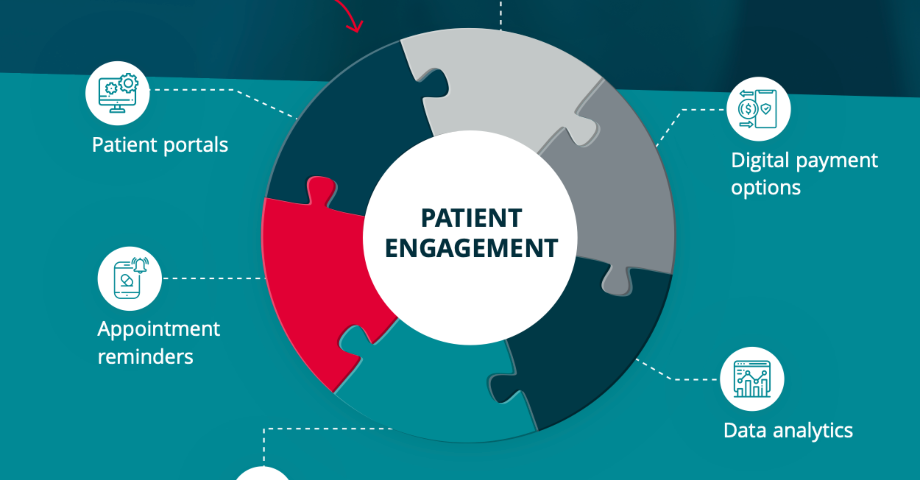
Optimize Your Well-Being with Circadian Rhythm Harmony
Our bodies operate on a natural internal clock known as the circadian rhythm, a crucial factor influencing various aspects of our health and well-being. Understanding and aligning with this biological rhythm can significantly contribute to overall vitality and wellness.
The Significance of Circadian Rhythm:
The circadian rhythm is a 24-hour cycle that regulates the sleep-wake cycle, hormone production, and other physiological processes. It plays a pivotal role in maintaining balance and homeostasis within the body. Disruptions to this rhythm, often caused by irregular sleep patterns or exposure to artificial light, can impact health negatively.
Quality Sleep and Circadian Health:
One of the key elements influenced by the circadian rhythm is our sleep-wake cycle. Prioritizing quality sleep is essential for maintaining circadian health. Establishing a consistent sleep schedule and creating a conducive sleep environment can enhance the overall quality of your sleep, promoting better physical and mental well-being.
Nutrition and Circadian Rhythm:
The timing of meals can also influence circadian rhythm health. Research suggests that aligning your eating patterns with your body’s internal clock can positively impact metabolism and digestion. Consuming meals during the optimal times of the day, such as avoiding heavy meals close to bedtime, can contribute to better overall health.
Light Exposure and Circadian Alignment:
Exposure to natural light during the day and minimizing artificial light during the evening are crucial for circadian alignment. Sunlight exposure helps regulate the body’s internal clock, promoting alertness during the day and signaling the body to wind down in the evening. Conversely, limiting screen time and reducing exposure to artificial light before bedtime can support a more restful sleep.
Exercise Timing for Circadian Optimization:
Physical activity has been linked to improved circadian rhythm health. Engaging in regular exercise during the day can help regulate the sleep-wake cycle and enhance overall mood and energy levels. However, it’s advisable to avoid intense workouts close to bedtime, as they may disrupt the ability to fall asleep easily.
Circadian Rhythm and Mental Health:
The circadian rhythm is intricately connected to mental health. Disruptions to the circadian cycle have been associated with mood disorders, such as depression and bipolar disorder. Prioritizing a consistent sleep schedule and healthy circadian habits may play a supportive role in mental well-being.
Shift Work Challenges and Circadian Adaptation:
For those working non-traditional hours, such as shift workers, adapting to irregular schedules can be challenging. Implementing strategies to minimize circadian disruptions, such as creating a dark and quiet sleep environment during the day, can help mitigate the potential adverse effects of shift work on health.
Circadian Rhythm and Age-Related Changes:
As we age, our circadian rhythm may undergo changes, leading to shifts in sleep patterns and preferences. Understanding these changes and making adjustments to lifestyle and sleep habits can support healthy aging and contribute to improved overall well-being.
Environmental Factors and Circadian Health:
Creating a circadian-friendly environment involves considering various factors, such as temperature, noise, and light. Maintaining a cool, dark, and quiet sleep space can enhance the quality of your sleep and contribute to a healthier circadian rhythm.
In conclusion, optimizing your well-being with circadian rhythm harmony involves adopting lifestyle practices that align with your body’s natural internal clock. From prioritizing quality sleep to considering the timing of meals and exposure to light, making intentional choices in these areas can positively impact your overall health. Embracing circadian-friendly habits is a holistic approach to wellness, enhancing both physical and mental vitality.
For more information on circadian rhythm health, visit CentrumZdravi.org.

:max_bytes(150000):strip_icc()/overview-intermittent-fasting-2223396-a-9c901805a7fa451088810ccba49e4d59.jpg)